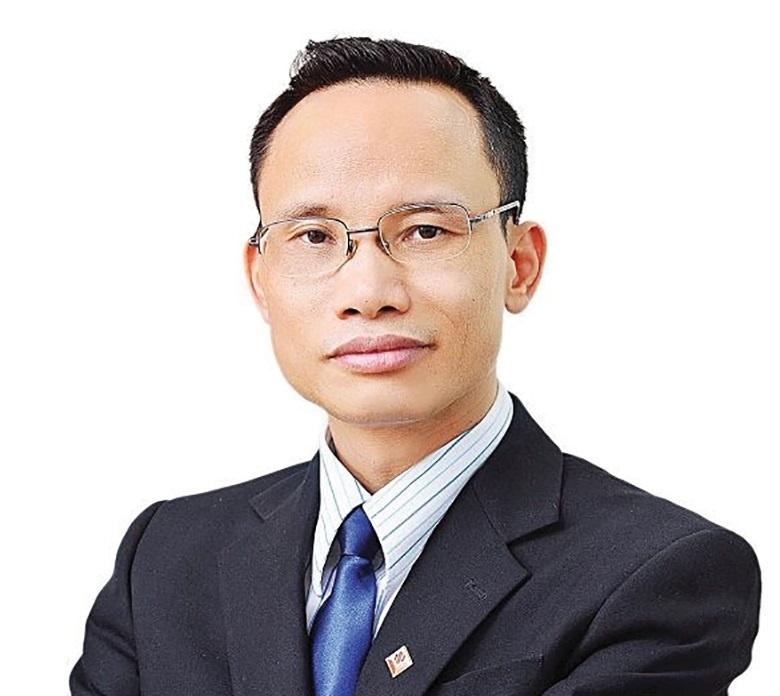Special consumption taxes must be designed to suit Vietnam’s specific needs
In addition, the draft also stipulates more clearly, supplements the cases and conditions for deduction, tax refund, and time for special consumption tax (SCT), contributing to reducing negativity, preventing budget loss, and at the same time improving transparency, management efficiency and enforcement.
 |
| Can Van Luc, Chief economist, BIDV |
The drafting agency should clarify the main purpose of amending this law to increase state budget revenue or to contribute to regulating consumer behaviour, ensuring people’s health, reducing pressure on the health system, thereby reducing pressure on the budget, or both.
The revised law needs to ensure harmony of interests, responsibilities, and feasibility for the state, enterprises, and consumers. In particular, major changes in tax policy need to be fully assessed for their impact, based on scientific basis and practical evidence. Moreover, increasing and diversifying state budget revenue should not base on collecting as much as possible, but should nurture or maintain revenue sources in the long term.
Currently, countries are expanding the SCT to new items that are harmful to health. In particular, in the context of increasing budget deficits. The World Bank in 2021 recommended applying SCT on sugary drinks, products with high carbon emissions, and single-use plastics.
In 2023, 108 of 192 countries and territories (accounting for 56 per cent) applied SCT on sugary drinks. Brazil was the first country to issue this policy in 1965. In 2016-2024, 47 countries enacted SCT on sugary drinks as a fiscal policy for health. In the ASEAN region, six countries have applied sugar taxes.
However, there is no scientific evidence that sugar taxation is really effective in reducing overweight and obesity rates. According to the World Obesity Federation (WOF), sugar taxation does not necessarily reduce these figures.
Specifically, in 2024, 21 countries reported an increased rate of overweight and obesity in the 2016-2024 period despite imposing SCT on sugary drinks for many years. Some 65 countries that have never imposed tax on soft drinks saw rates of overweight and obesity decreased in the same period.
Notably, Japan has no tax on sugary drinks, but the rate of overweight and obese people has remained stable at 4.3 per cent over the past nine years.
The reason why SCT on soft drinks has not been effective in reducing this issue is that sugary soft drinks are not the only cause of obesity. According to the WOF, there are nine risk factors causing obesity, and industrially produced food (including beverages) is one of them.
According to the Tax Foundation in 2023, budget revenues from SCT on soft drinks are low, and not enough for long-term programmes for the health goals of the government. On the other hand, low-income consumers have to pay a disproportionate share of their disposable income for sugary drinks compared to higher-income earners, because consumption of such drinks is higher in urban areas.
To improve the effectiveness of tax policies in curbing the overweight and obesity rate, according to the Tax Foundation, SCT on sugary drinks must be designed to suit the specific circumstances of each country, in terms of taxable subjects, tax rates, and how revenue is used for public health promotion programmes.
In Vietnam, since 2016, although the overweight and obesity ratio increased from 2.1 to 3.6 per cent, and among the 14 countries with the lowest obesity rate in the world, the growth rate of obese people in the population under 19 years old is quite high. Whether higher taxes can regulate the consumption behaviour of this group is still a big question mark.
In this context, the BIDV research team recommends an interdisciplinary cooperation, instead of using tax policies alone. This includes raising awareness of overweight and obesity in children in the community and for policymakers; conducting more research on the economic and health impacts; and interventions to address the issue in children to provide sufficient evidence for policymakers.
The country must also accelerate existing campaigns and develop other specific policies to address overweight and obesity in children in Vietnam.
 | Lawmakers make case for consumption tax additions The Ministry of Finance’s plan to inflict a special consumption tax on air conditioners and sugary drinks has received mixed responses from many lawmakers and experts. |
What the stars mean:
★ Poor ★ ★ Promising ★★★ Good ★★★★ Very good ★★★★★ Exceptional
Related Contents
Latest News
More News
- Citi economists project robust Vietnam economic growth in 2026 (February 14, 2026 | 18:00)
- Sustaining high growth must be balanced in stable manner (February 14, 2026 | 09:00)
- From 5G to 6G: how AI is shaping Vietnam’s path to digital leadership (February 13, 2026 | 10:59)
- Cooperation must align with Vietnam’s long-term ambitions (February 13, 2026 | 09:00)
- Need-to-know aspects ahead of AI law (February 13, 2026 | 08:00)
- Legalities to early operations for Vietnam’s IFC (February 11, 2026 | 12:17)
- Foreign-language trademarks gain traction in Vietnam (February 06, 2026 | 09:26)
- Offshore structuring and the Singapore holding route (February 02, 2026 | 10:39)
- Vietnam enters new development era: Russian scholar (January 25, 2026 | 10:08)
- 14th National Party Congress marks new era, expands Vietnam’s global role: Australian scholar (January 25, 2026 | 09:54)

 Tag:
Tag:



















 Mobile Version
Mobile Version